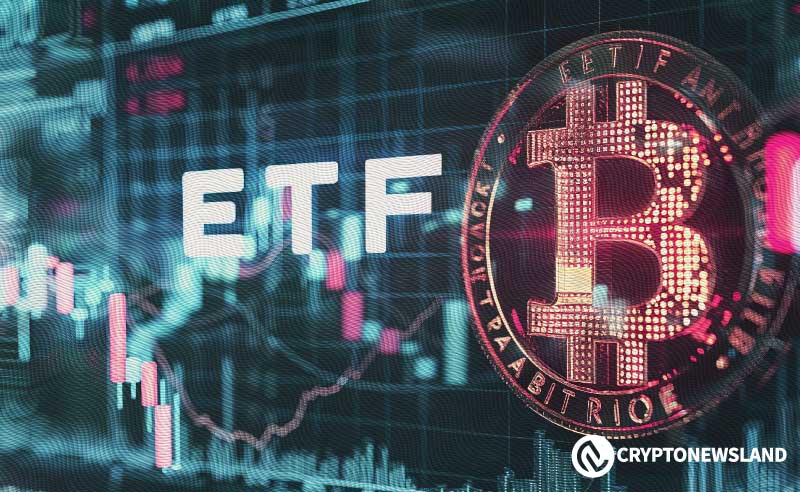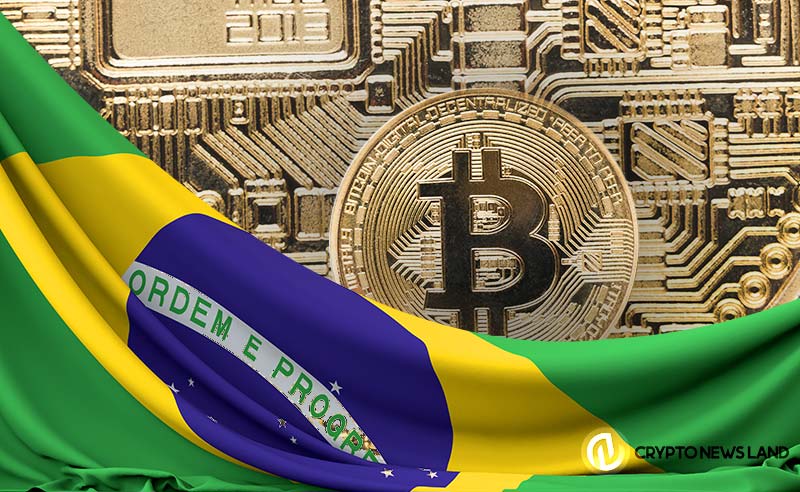- Taiwan FSC allows pro investors to trade in foreign crypto ETFs, boosting financial market competitiveness.
- Taiwan maintains strict AML measures, aligning crypto ETF policies with global financial hubs like Hong Kong and Singapore.
- Taiwan’s Central Bank adopts a cautious, methodical approach to CBDC, emphasizing security and gradual integration.
The FSC of Taiwan has recently made a major reversal in regulations that permit professional investors to trade in foreign virtual asset ETFs. This strategic move will seek to increase the opportunities in the operation of the financial market in Taiwan in order to increase the market’s competitiveness among professional investors.
This decision of the FSC seems to be strategic, managing to address the challenge of global integration of the financial system while at the same time focusing on the stability of the market and the protection of the investors.
The move signifies Taiwan’s willingness to establish a licensed channel for qualified institutional buyers to participate in high-risk investments in the digital asset industry. These are institutional investors, high-net-worth persons, and those who possess substantial portfolio experience. Due to the several notable risks attached to digital assets, the FSC allows only individuals with adequate knowledge and experience in such risks to participate in such ETFs.
Taiwan’s FSC’s New Policy on Virtual Asset Market
In line with this new policy, the FSC has reiterated its commitment to stringent oversight of the evolving virtual asset market. This includes continuous monitoring and the implementation of robust risk management protocols to safeguard against potential market abuses and financial crimes.
The emphasis on regulatory compliance is pivotal in maintaining the integrity and stability of Taiwan’s financial system, especially concerning high-risk investment products like digital asset ETFs. The introduction of foreign crypto ETFs for professional investors aligns with similar financial innovations observed in other global hubs such as Hong Kong and Singapore.
However, Taiwan remains cautious in its broader approach to digital currencies, evidenced by its rigorous anti-money laundering (AML) frameworks targeting crypto exchanges and service providers.
Gradual Integration without Rushing into CBDCs
Despite these progressive steps towards embracing digital asset ETFs, the Central Bank of the Republic of China maintains a cautious stance on the implementation of a central bank digital currency (CBDC). The central bank’s approach is methodical, favoring a gradual integration that aligns with international best practices and the domestic economic landscape. This careful progression reflects the broader governmental policy of balancing innovation with financial security.
The exploration of CBDCs in Taiwan includes developing retail protocols and experimenting with proof-of-concept projects for wholesale use. However, the central bank has expressed no urgency in accelerating the launch of a full-scale CBDC, prioritizing instead the foundational aspects of security and functionality within Taiwan’s digital policy framework.
disclaimer read moreCrypto News Land, also abbreviated as "CNL", is an independent media entity - we are not affiliated with any company in the blockchain and cryptocurrency industry. We aim to provide fresh and relevant content that will help build up the crypto space since we believe in its potential to impact the world for the better. All of our news sources are credible and accurate as we know it, although we do not make any warranty as to the validity of their statements as well as their motive behind it. While we make sure to double-check the veracity of information from our sources, we do not make any assurances as to the timeliness and completeness of any information in our website as provided by our sources. Moreover, we disclaim any information on our website as investment or financial advice. We encourage all visitors to do your own research and consult with an expert in the relevant subject before making any investment or trading decision.





